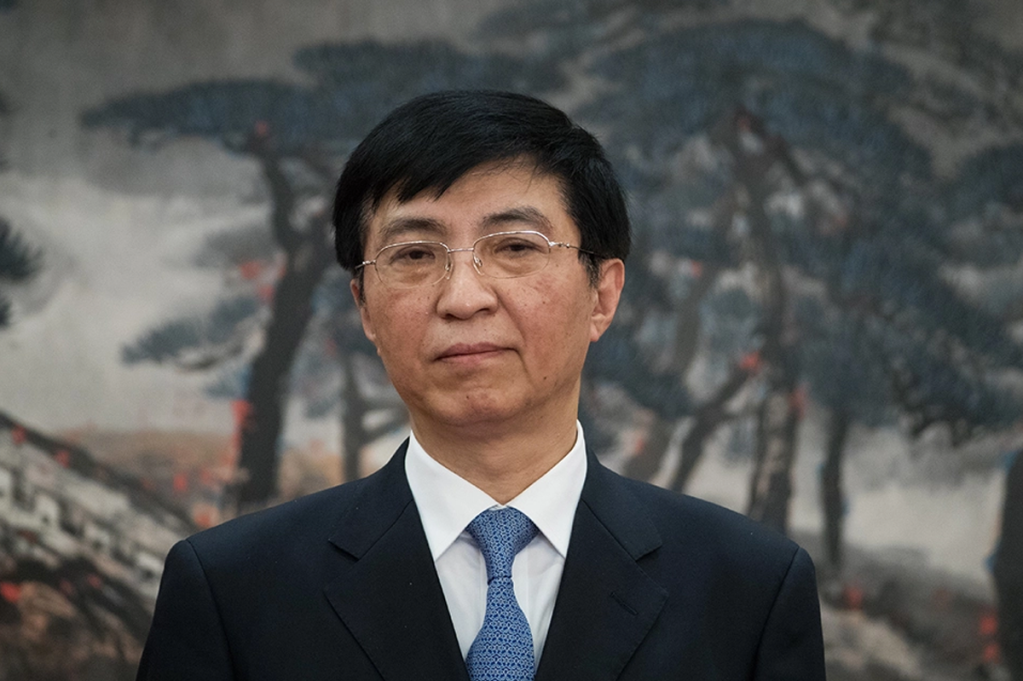New York
The LNG king Peter Livanos, an old and good friend, has sent me a very informative write-up about China. Peter knows as much as anyone what’s cooking behind what used to be known as the bamboo curtain, and he’s put me right about China when I’ve been wrong about the place in the past.
For any of you unfamiliar with shipping terms, LNG stands for liquefied natural gas, something that costs a hell of a lot to carry over water. As a result, the ships that transport LNG cost even more than a hell of a lot to construct. I remember my father talking about building an LNG carrier, a new concept back then, but the cost was prohibitive. Poor Dad died rich soon after, and I only stayed in shipping for another ten years. I got out just before a market slide because of differences with a member of my family. When ship owner friends who knew I wasn’t interested in the business asked how I happened to time the market plunge so well, I’d tell them: “Gianni Agnelli and Jimmy Goldsmith warned me.’ (Gianni and Jimmy knew as much about shipping as I did: close to zero.)
Peter Livanos is known for not being shy where business is concerned. In fact, he’s brave as hell and not afraid to take risks. Which is why he’s now king. I couldn’t be happier about that, but this is supposed to be about China. The business elite there is very, very unhappy, and I will tell you about the man who is making them so unhappy. No, it’s not Xi, but Wang Huning, one hell of a fellow, it seems, because he puts spirituality above materialism, and collectivism above individualism.
China has gone from an economy of production to one of consumption over the past thirty years or so. Deng Xiaoping’s opening up to the West had the bespectacled deep thinker Wang worried. He warned against it. As a writer and intellectual, he insisted that China should create her own core values. As a thirty-year-old, Wang did what Tocqueville did 200 years ago and traveled all over the good old US of A. He wrote a book about it, America Against America, an eye-opener that questioned how a country could function with out-of-control drug crime in some neighborhoods, homeless camps in Washington, DC and a society in which those of different races and creeds mistrusted each other.
“The real cell of society in the United States is the individual,” he wrote, because “the family has disintegrated.” Wang is at present the single most influential brain in China. He sees as few people as possible — and never speaks to journalists. He is a member of the Chinese Communist Party’s seven-man Politburo Standing Committee and the one that Xi listens to.
Last month, Xi established near absolute power and made it clear that security will trump the economy as the nation’s priority. The business elite howled and is still howling. For a long time it was assumed that while the business class made moolah, a blind eye would be turned to how power was used. No longer.
The great China expert Taki agrees. The country’s stocks are plunging and its currency is falling in value, but Wang’s philosophy is one that takes a very long view. He sees America as a false beacon of hope for the world, a place of rural and urban decay where powerful tech monopolies crush competition, a region of homelessness, addiction, cultural chaos and spiritual malaise. He forecasts that a bigger role for the markets and a smaller one for the state will make China another United States.
The urban and rural expert Taki agrees, but there’s a catch. The part-time capitalist Chinese system has on some measures surpassed the US in inequality of income. Many of America’s problems that Wang railed against are now ravaging China. Most important of all, China is, as I write, one of the most economically unequal societies on Earth. In fact, it’s worse than America.
This is the reason why Wang’s voice is as powerful as it is at present. As a result, the all-encompassing commercialization of Chinese society is as dead as a doornail. Is it possible that both Wang and Taki are wrong? Only an idiot would bet against us, but there are a hell of a lot of those around. Xi left the private sector alone while he was consolidating his power within the party. During his second term he began to rein it in ever so slightly. Now in his third term, he’s turned into Mao. A very tight leash on free enterprise is the order of the day, and already lots of businessmen and businesswomen have taken early retirement. Many of them are planning to go abroad
I am of two minds. I respect Wang’s vision and absolute rejection of America as what a future China should aspire to become. On the other hand, I like my freedoms and do not wish to be told by some party hack what to do and how to act. It is a terrible choice to have to make, like choosing between Betty Grable and Ava Gardner, or Lily James and Keira Knightley. So for the moment I think I’ll stick to crappy old Noo Yawk.
This article was originally published in The Spectator’s UK magazine. Subscribe to the World edition here.


















